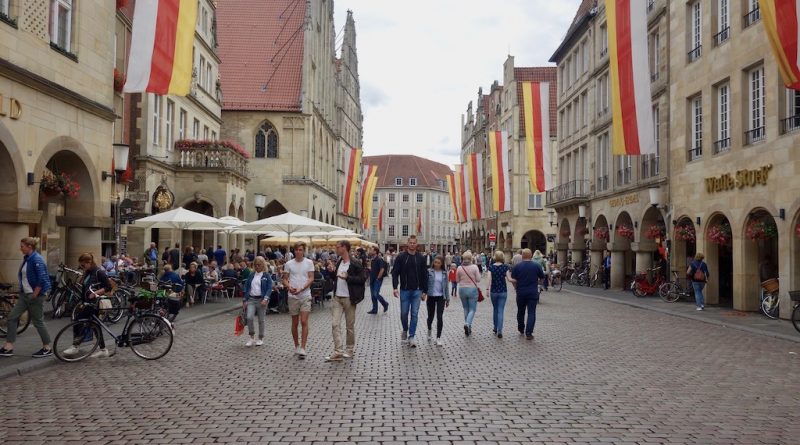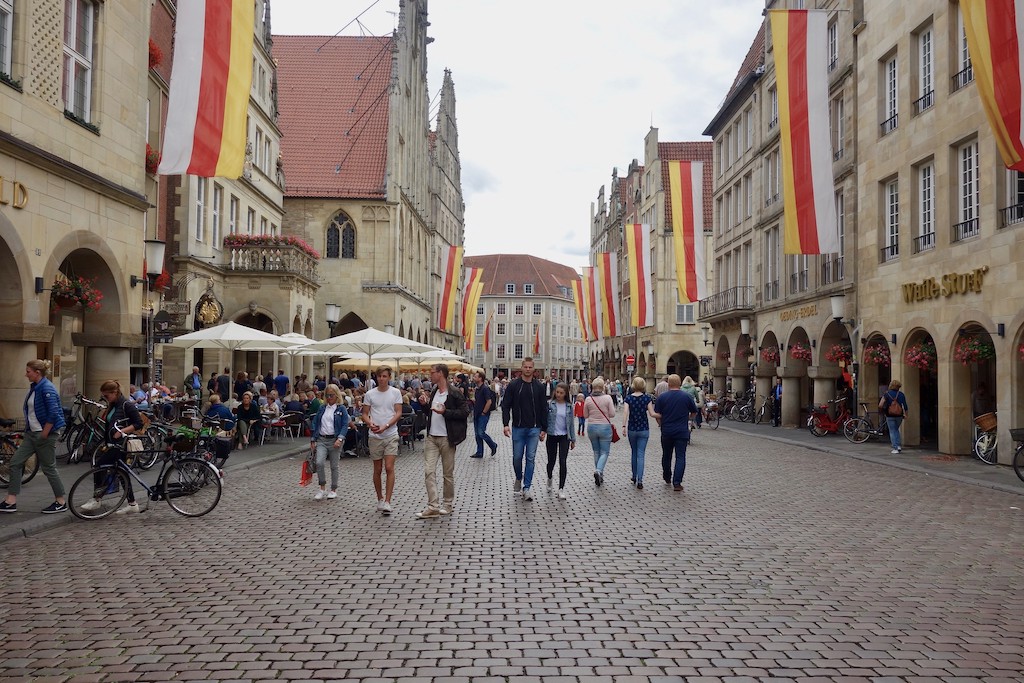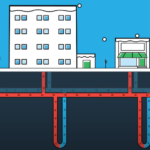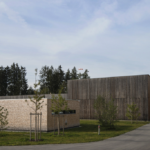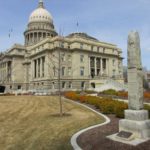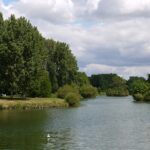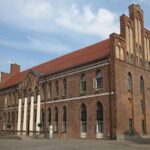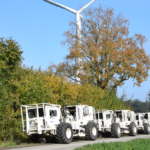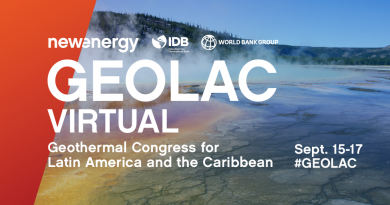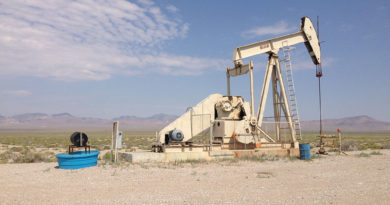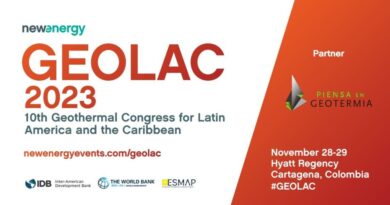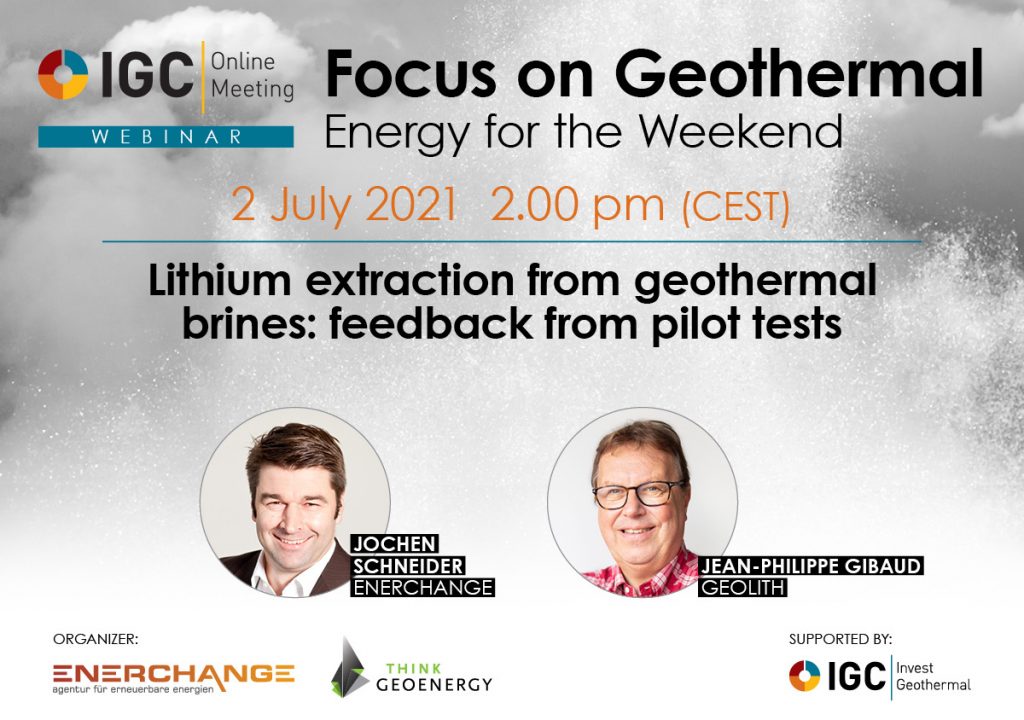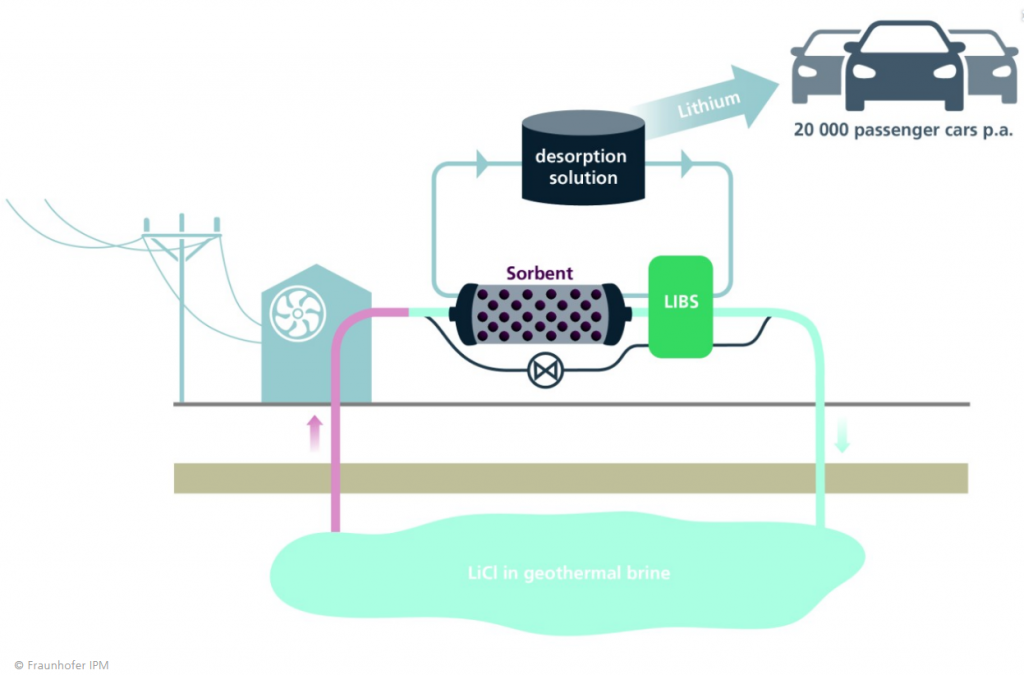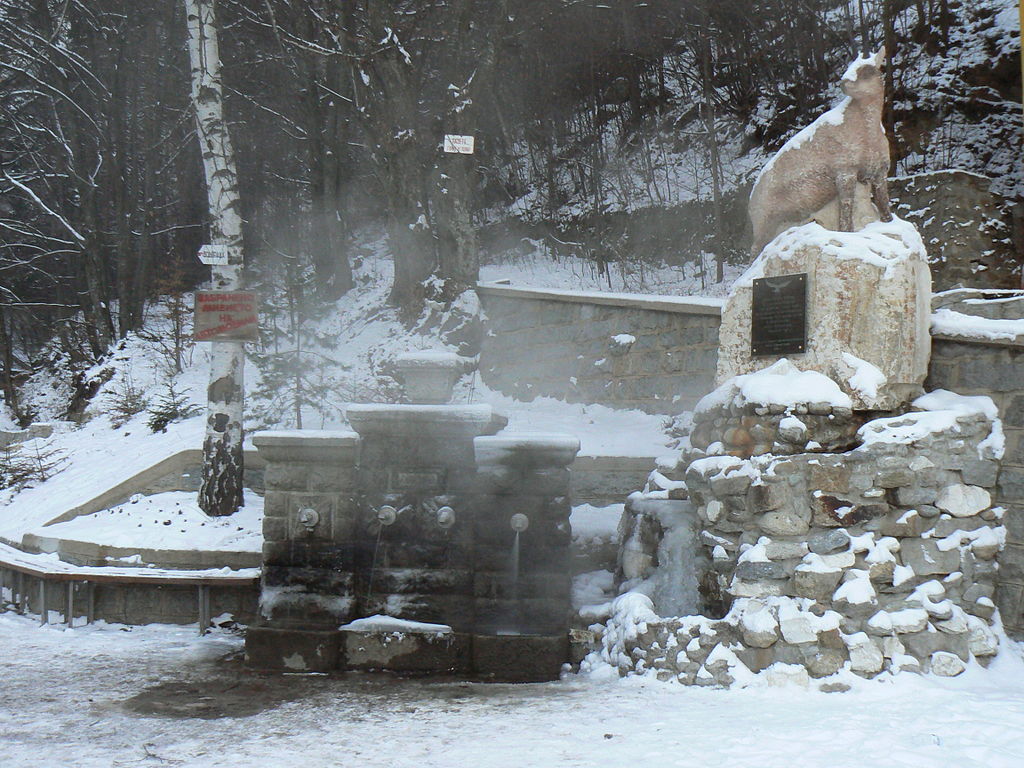City of Münster exploring geothermal for heating network
Energy Disrupter
Together with Fraunhofer IEG, local utility Stadtwerke Münster in Germany is going to explore the potential of using geothermal energy for the city of Münster’s heating system.
The local utility of the city Münster in Germany has been working hard on the climate-neutral generation of electricity, yet is also intensively involved in decarbonising the heat supply for the city. Now, Stadtwerke Münster together with the Fraunhofer IEG are planning research on the possibilities of geothermal energy generation.
In the past few years, Stadtwerke Münster has analyzed the heating market in detail and described a path to green heating. “In Münster, heating is responsible for a good 40 percent of CO 2 emissions from private households; nationwide it is even more than 50 percent. The heating transition is an essential part of climate protection, ”emphasizes Sebastian Jurczyk, Managing Director of Stadtwerke Münster in a press release. The company wants to massively promote the change towards a fully sustainable supply from renewable heat sources. “But it is also clear that the development of new, renewable heat sources and the conversion of the heat supply infrastructure will not happen overnight.”
Green heat supply – puzzle from different types of generation
Stadtwerke Münster’s plan envisages covering the heat required for the municipality from a combination of different technologies. The existing heating networks are to be upgraded as central distribution structures for green heat. The municipal utilities assume that one technology alone cannot cover the heat demand. In addition to geothermal and solar thermal energy as control technologies, Stadtwerke Münster also uses heat pumps, block-type thermal power stations in the districts and power-to-heat systems that store excess electricity as thermal energy.
The sun and earth are inexhaustible sources of energy
“The technology mix will become more concrete over the years. It depends on many factors, which we are now starting to examine in detail, ”emphasizes Markus Bieder, Head of Renewable Heat at Stadtwerke. “Geothermal and solar thermal energy are almost inexhaustible, naturally available heat sources and can be easily integrated into our existing district heating network,” says heating expert Bieder. “They offer us the opportunity to significantly reduce the CO2 footprint of heat generation.”
Fraunhofer IEG as a partner for the investigations
One of the next steps is to evaluate whether the renewable resource geothermal energy is sufficiently available in Münster and can be used for heat supply. Together with the Fraunhofer Institute for Energy Infrastructures and Geothermal Energy (Fraunhofer IEG), the municipal utilities will start studies on the potential of geothermal energy in Münster in spring.
The researchers at Fraunhofer IEG are convinced that there are good geological conditions in Münster: “The Münsterland offers favorable geological framework conditions for the use of geothermal energy. Several layers of rock with an elevated thermal water flow are located at different depths under the city. It is now necessary to systematically explore these layers with increased water flow, ”explains Institute Director Professor Rolf Bracke.
Opportunities and risks of geothermal energy are to be examined
“We know that geothermal energy not only harbors enormous opportunities but also risks. That is why we have brought proven experts to our side with the Fraunhofer Institute who have gained nationwide experience with geothermal projects, ”emphasizes Markus Bieder. Before geothermal energy can be obtained on a large scale in Münster, careful investigations and basic work are required. According to the press release, the first heating center in Münster could gain heat from the ground in five to six years at the earliest.
“It is important to us to take all those interested with us on the way to green warmth. We will therefore report regularly on our progress and milestones and seek an exchange with politicians and climate groups as well as the citizens, ”emphasizes Sebastian Jurczyk. (js)
Source: Stadtwerke Münster, via our German partner website TiefeGeothermie

